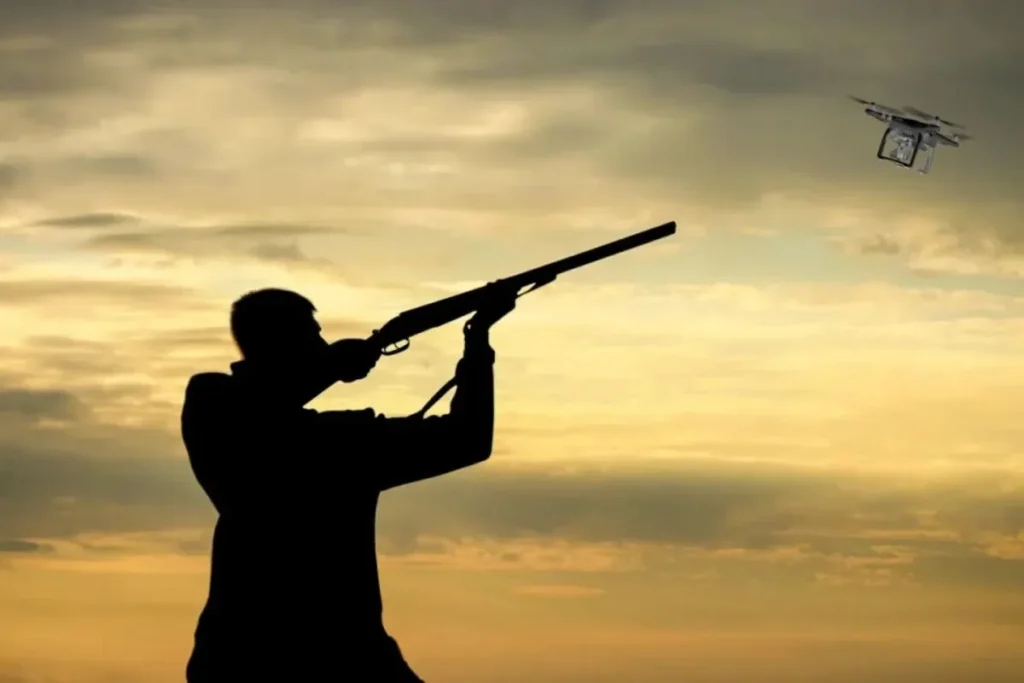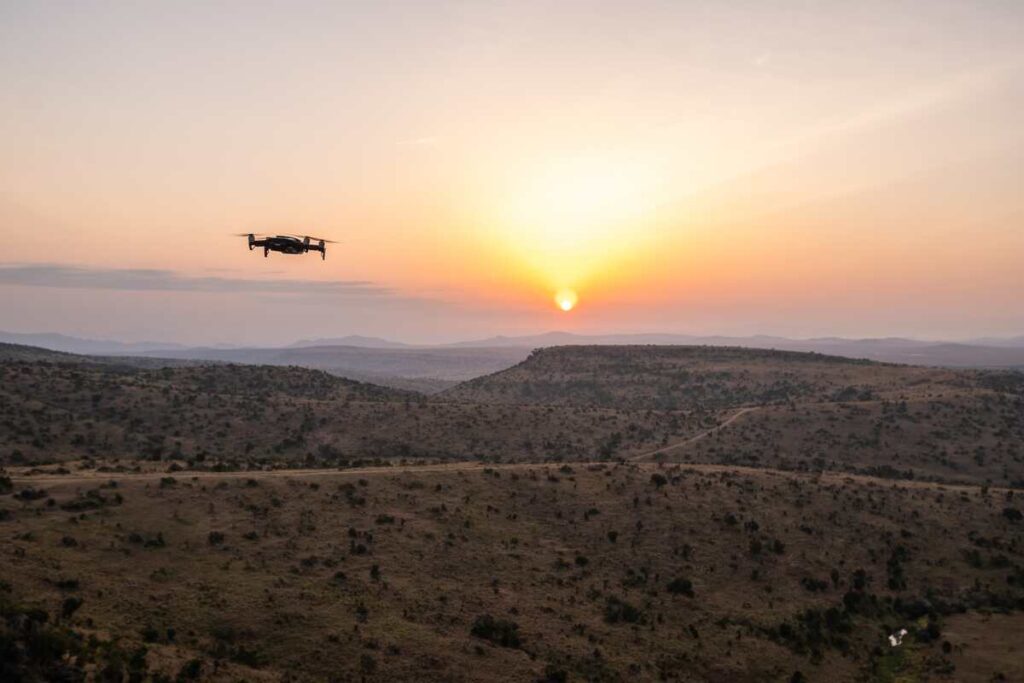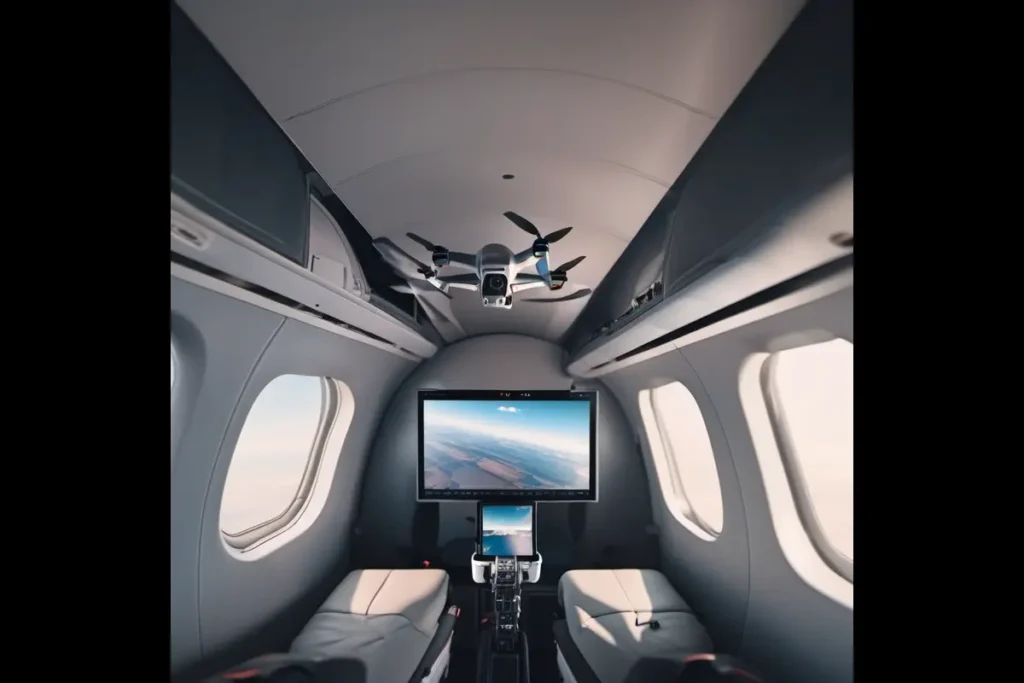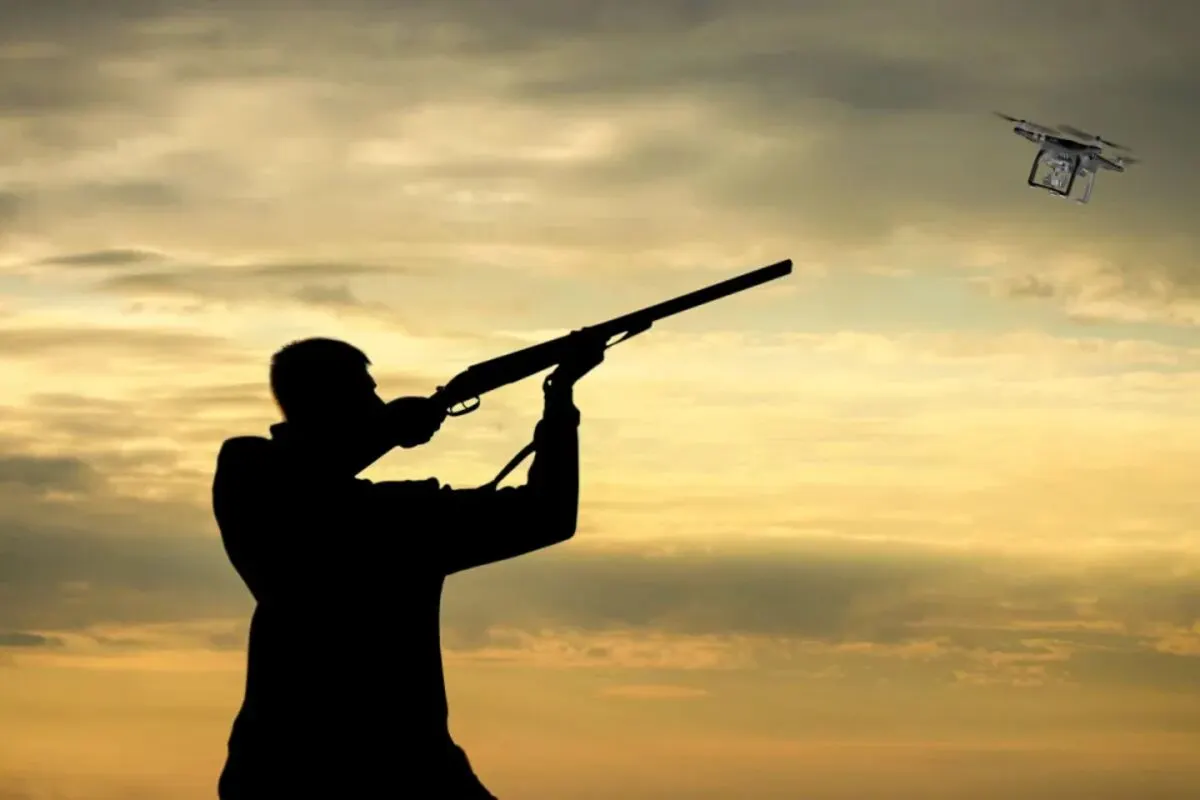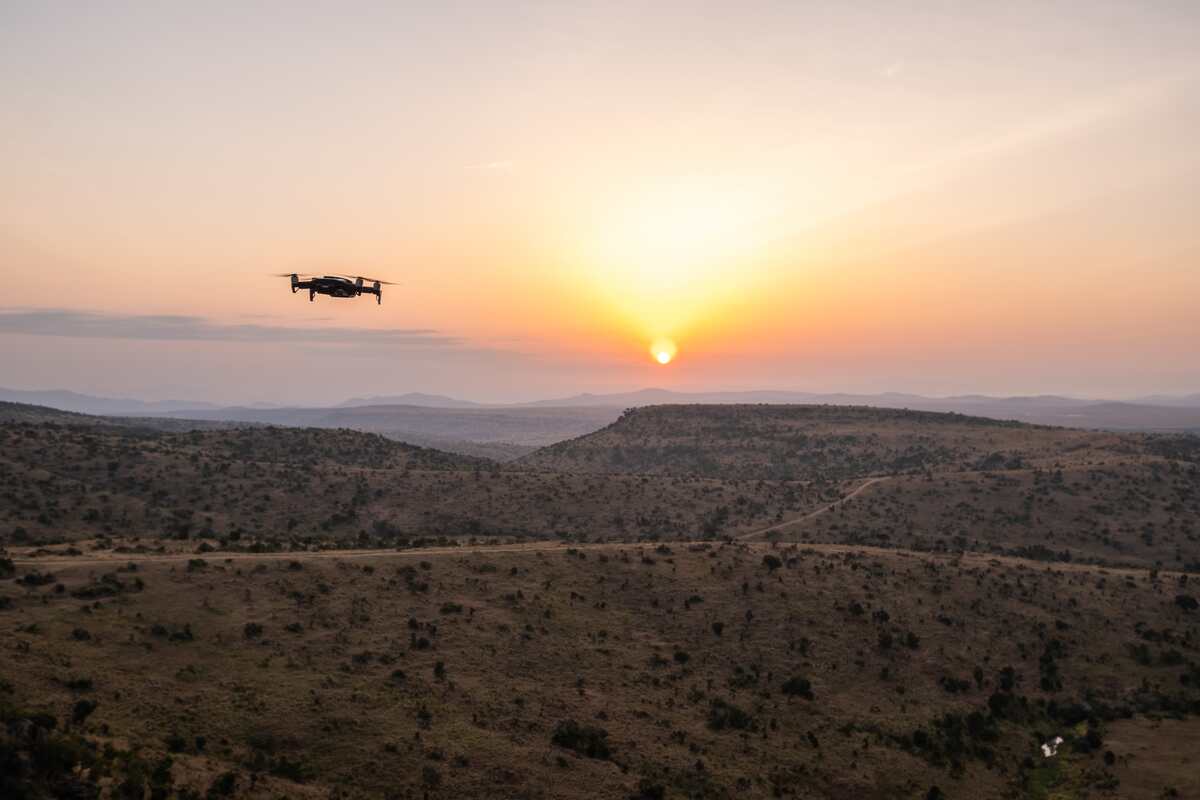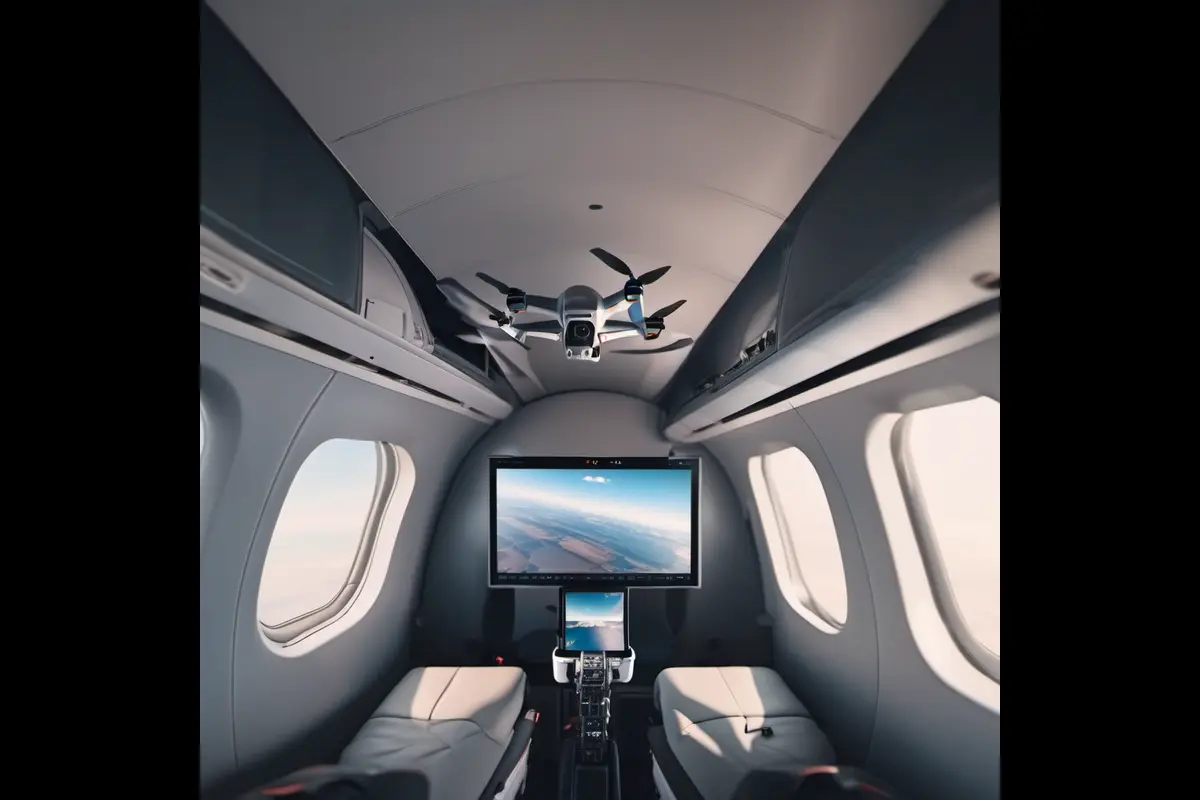Headless Mode on a Drone
Unlock simplicity in flying with Headless Mode on a drone
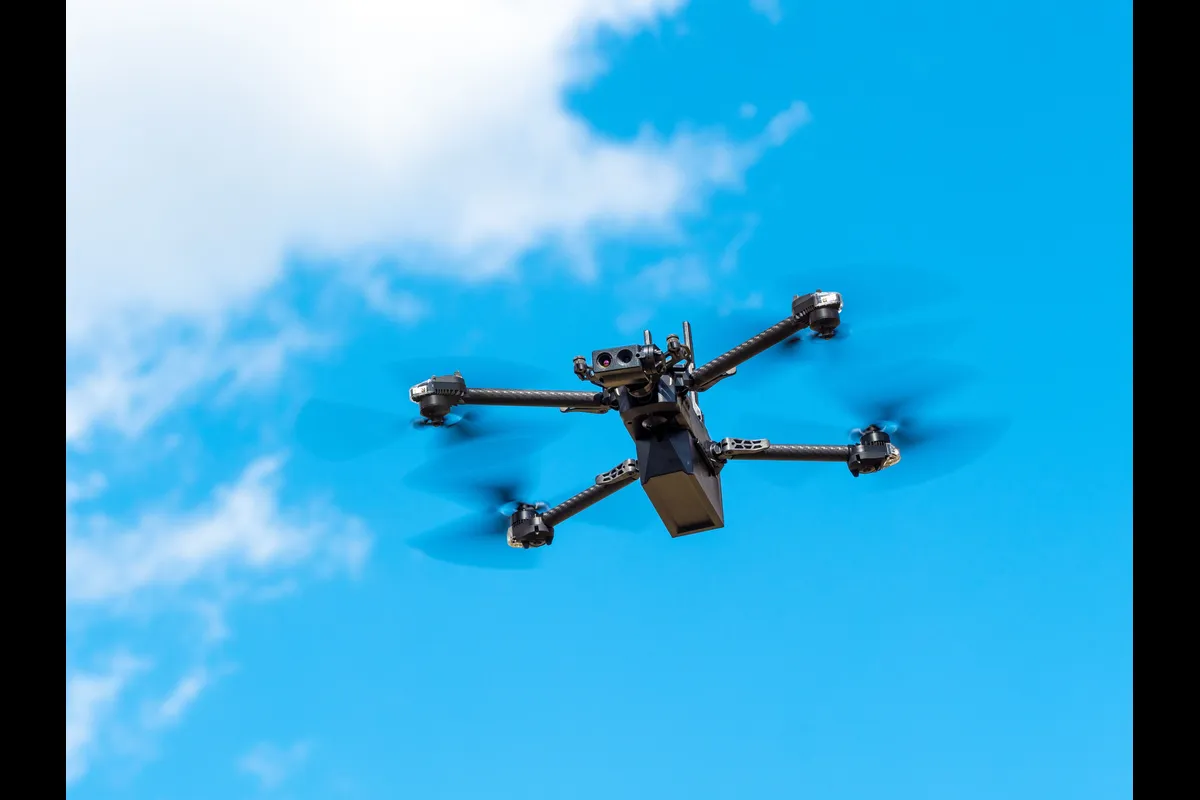
Image Credits: Freepik
Have you ever noticed that several drones and quadcopters share a strikingly similar appearance from all angles? Distinguishing the sides can be challenging when looking at the front, back, left, or right. Though this might not initially work as a significant issue, especially if you are new to drones, it can lead to several challenges and complications during the flight. Thankfully, there is a solution to this puzzle that is a headless mode. In this guide, you can learn everything about what is a headless mode on a drone and why it is important.
What is a headless mode on a drone?
The drone loses the head, simplifying your control in the headless mode. It helps you eliminate the need to distinguish between the left, right front, or back. The feature proves entirely beneficial for you if you are new to drone piloting or find it challenging to keep track of the drone’s facing direction.
In short, the headless mode is a user-friendly function that is specially designed to make drone navigation more enjoyable. The drone aligns itself with your perspective, freeing you from the burden of mentally tracking the drone’s specific orientation. This can be especially beneficial in scenarios where quick and precise control is significant, like capturing aerial footage navigating tight spaces or enjoying a carefree flight.
The working of a drone headless mode
You need to learn about the details of drone physics to understand how the headless mode functions fully. Drones are similar to flying robots, and they work with unique aerial dynamics compared to birds or planes, making the flying mechanism unique.
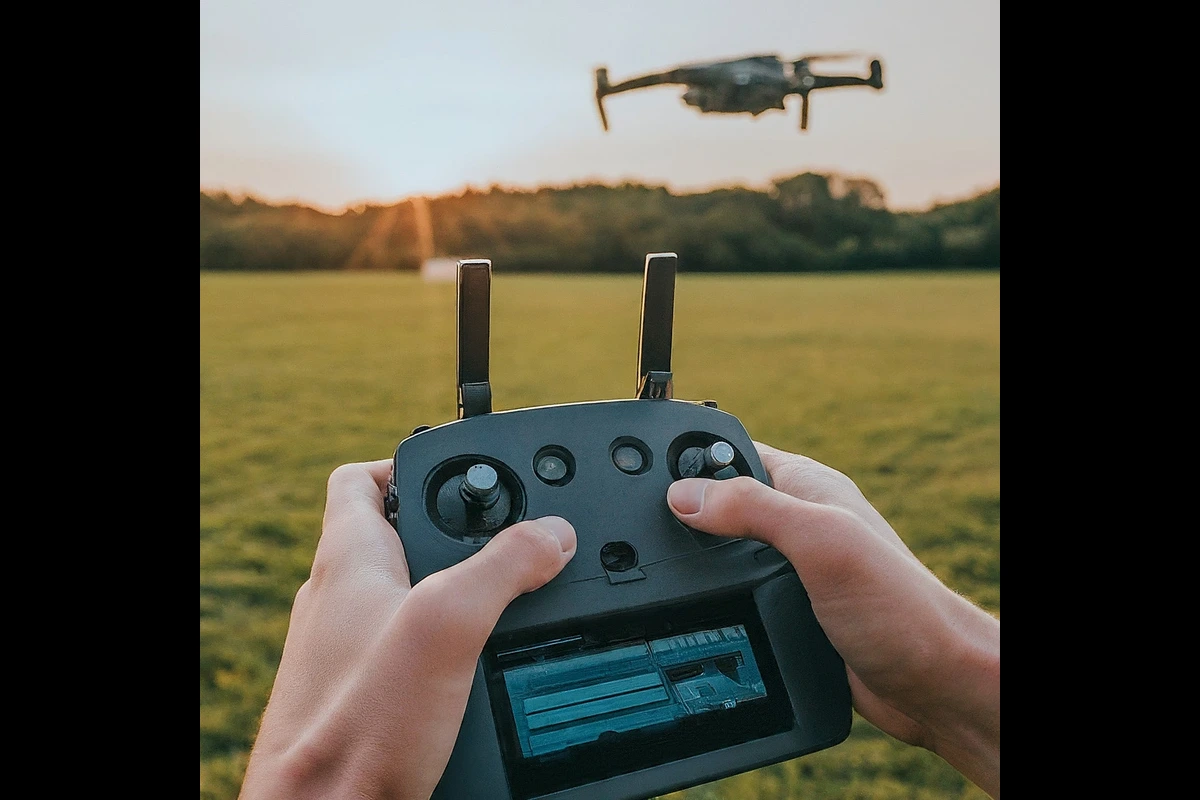
Image Credits: Google Gemini
A drone features four propellers, each manipulating the airflow. Some of the most common mechanisms include yawning, pitching, and rolling. These three basic maneuvers can be combined to navigate your drone in any direction. The detailed flight patterns are variations of the fundamental drone movements. The drone can achieve all the movements by manipulating the airflow in the opposite direction.
Why headless mode is like a compass and the advantages?
Determining the direction is very simple while your drone is near you. But during the flight, especially over a long time, discerning the front from the back becomes challenging. Headless mode can ensure that you consistently know that your drone is flying. It provides you with a reliable reference point for orientation.
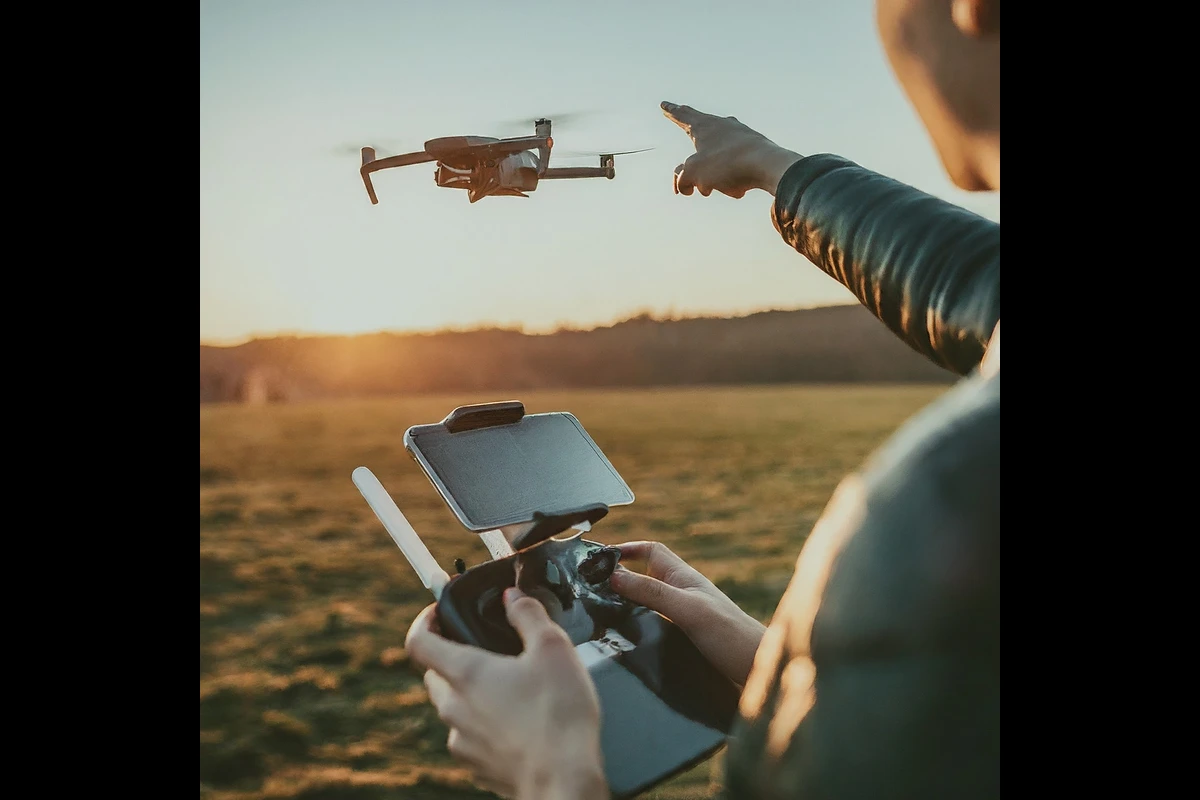
Image Credits: Google Gemini
You need to maintain a grasp on your drone orientation with a headless mode. It allows for better control over its maneuvers; the feature is invaluable, especially when executing complex movements. It prevents confusion and ensures you can perfectly direct your drone whenever possible.
Benefits of drone headless mode
Windy weather can pose many challenges to drone flying, as the wind can impact stability and control. But you do not have to worry about these challenges with headless mode, as it offers a stable reference point. It also allows better control even in challenging weather conditions. Headless mode quadcopters help you reduce the risk of losing control and improve the safety of your flight.
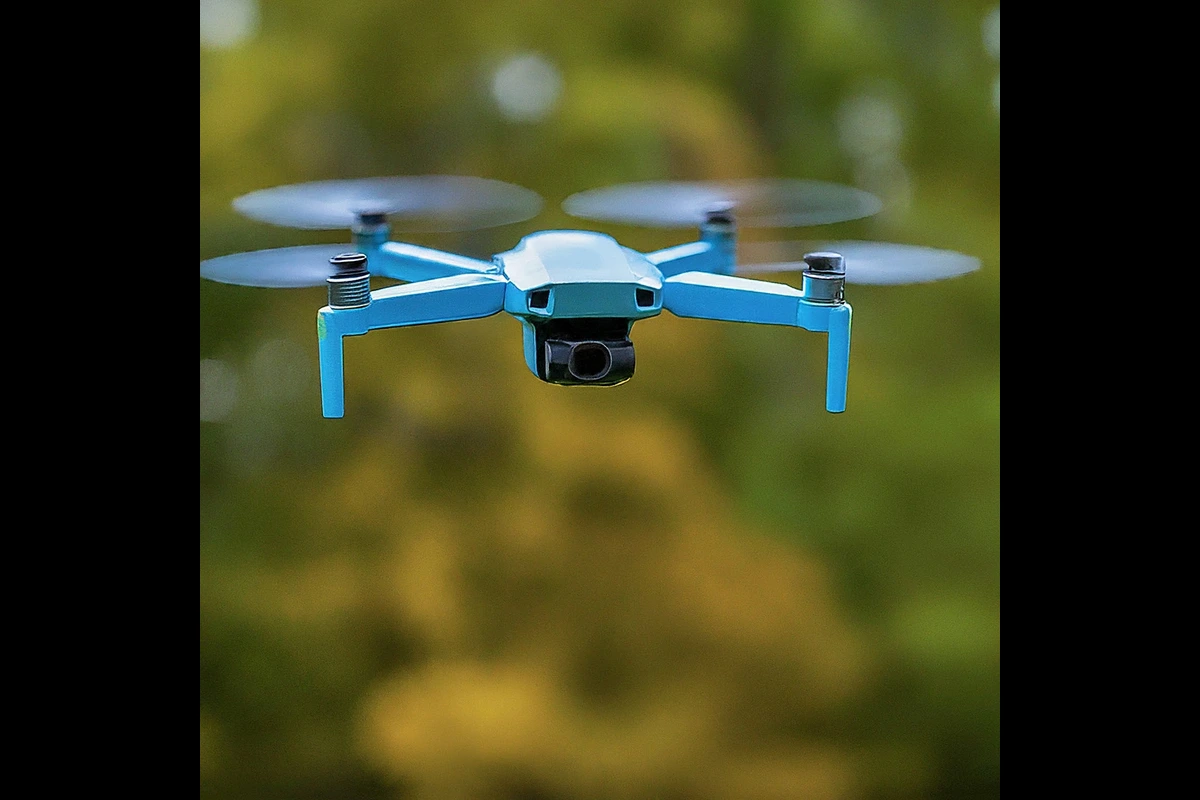
Image Credits: Google Gemini
- Headless mode also contributes to accident prevention by minimizing the likelihood of losing direction during your flight. Whether navigating a cityscape or a rural setting, maintaining orientation helps avoid collisions with buildings. This ensures your drone's safety and helps reduce the risk of accidents.
- Headless mode is entirely beneficial for you if you are a beginner. It provides you with a user-friendly introduction to drone flying. It works like a training wheel if you have recently acquired your first drone, allowing for experimentation.
- For recreational flying or drone racing with friends’ headless mode offers you better freedom, space, and movements. It helps you eliminate the risk of unintended actions while providing a seamless experience in the heat of the moment. The freedom allows for experimentation and improves your overall enjoyment of flying.
Disadvantages of headless drone
- Even though a headless drone simplifies drone flying, there is a learning curve linked with it. You need to familiarize yourself with this mode, including understanding the speed and altitude limits. Even though it is easy to fly, the initial learning process can be confusing.
- The headless mode offers ease of use, which can lead to dependency, making it the default flying mode for several users. If you become accustomed to this mode, transitioning to another mode might be challenging.
- Headless mode relies on internal magnetic sensors. Flying in areas with many electromagnetic interfaces can increase the risk of crashing. You must be careful when flying in environments with a prevalent electromagnetic interface to ensure safe drone operation.
Should you be using headless drones?
Headless mode can be a valuable tool in specific situations, but making it your default flying mode is not advisable. You must explore and use other modes, considering that headless mode might only sometimes improve your drone flying experience. The decision to use headless mode depends on your specific objectives. For example, if you find yourself flying completely far, you need a reliable way to return to your starting point safely.

Image Credits: Google Gemini
Before you choose the headless mode, you must also understand the drone headless mode vs normal. Headless modes help you simplify the complexity of drone orientation and work like a reliable guide. Headless mode offers a welcome solution to improve the overall drone piloting experience whether you are a seasoned drone enthusiast or a beginner taking your first flight.
Is it easier to fly in headless mode?
Yes, flying in the headless mode is pretty easy as the operator does not need to focus on the orientation.
What is the difference between headless and non-headless drones?
Headless mode does not have the typical control method, so you do not have to stress about orientation. You can easily control the drone based on your orientation.
Why trust Brownspace?
At Brownspace, we write about what matters most to the audience. We do well-researched work to provide in-depth knowledge of drones. Additionally, we interview people using drones to ensure the credibility of the drones used and offer real-life user experience to our readers.
Share on...

Hi, drone enthusiasts! Born with a natural curiosity for the skies, I developed a love for drones early in life. I began flying drones in 2017 and have since piloted some of the best drones available, such as the Yuneec Typhoon, DJI Mini, Mavic Pro, Hover Camera, and Phantom 3. With passion for drones and expertise gained over the years, I would love to share my knowledge of drones at Brownspace. Stay tuned for an insider’s perspective about drones.


